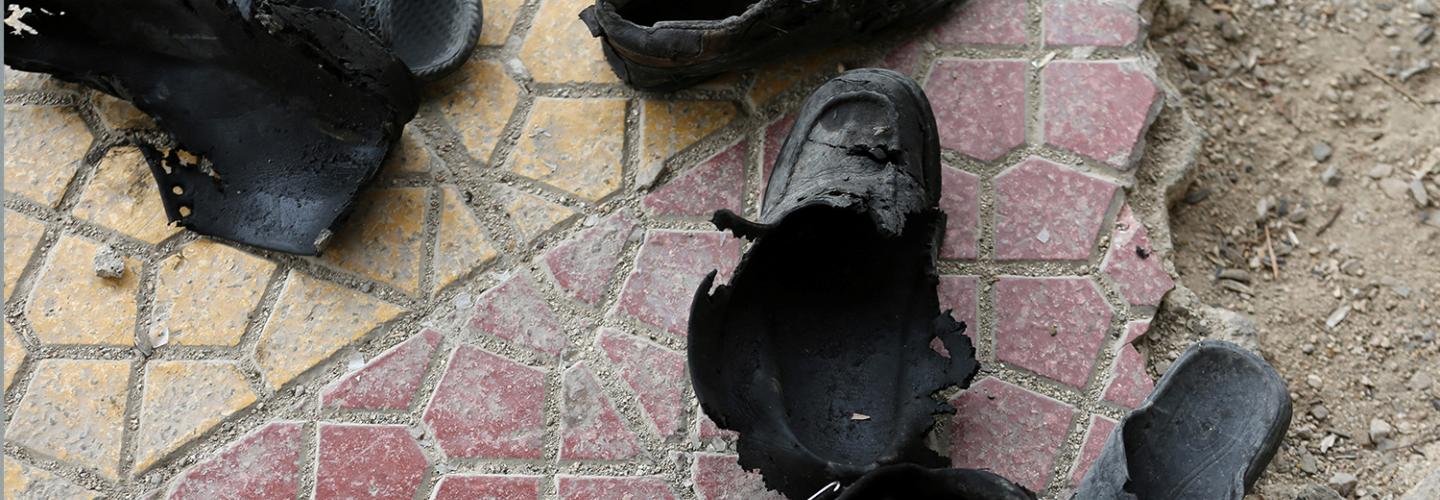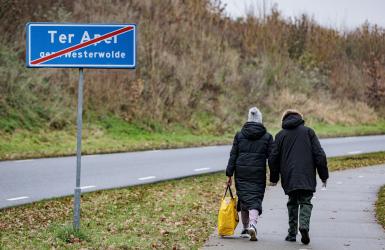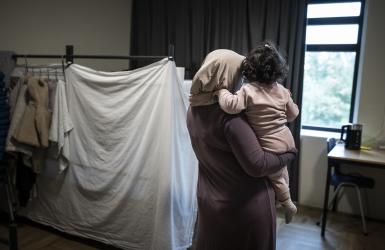About article 1F
Article 1F relates to war crimes, crimes against peace, or crimes against humanity. Other serious crimes, such as murder and rape, can also be a reason to exclude a person from the protection of the UN Refugee Convention. Lastly, acts contrary to the purposes and principles of the United Nations are also covered by Article 1F.
Protection is for the victims, not the perpetrators
The Dutch government does not want to be a safe haven for war criminals or perpetrators of other international crimes. Therefore, the IND will investigate whether Article 1F is applicable if there is any indication of such crimes. The fact that the IND values this so highly is evident from the principle of ‘exclusion before inclusion’. This means that in the case of Article 1F signals, the IND will first investigate possible (international) crimes and examine whether Article 1F can be used against someone. If not, the asylum assessment will follow.
Exclusion from protection or withdrawal of residence status
We investigate based on the indications we receive. They must, of course, be serious indications. Excluding someone from protection or revoking the residence status of someone who already legally resides in the Netherlands or is a Dutch citizen is not something we do lightly. There must be serious reasons to assume that the person in question did commit the crimes mentioned above. Examples in this respect include those who have held a certain position within an organisation known for having violated human rights or committed war crimes. But also employees of detention centres where torture took place.
Specially trained staff for Article 1F
Article 1F investigations are legally complex as they are always about conduct and events that took place far outside the Netherlands. The tasks and investigations for such cases are carried out by specially trained staff. Their knowledge and expertise enables them to ask foreign nationals questions about the aspects that indicate involvement in international crimes.
The information collected is compared with other available data from public sources (e.g. Human Rights Watch reports) or Official Country Reports from the Ministry of Foreign Affairs. When all facts, circumstances, and statements have been thoroughly weighed, it is decided whether or not Article 1F is applicable.
Obligation to leave the Netherlands for committing international crimes
If the IND concludes that the foreign national can be held responsible for international crimes, their application will always be rejected. Then the foreign national must leave the Netherlands. A residence permit that has already been granted may also be withdrawn, an application for naturalisation rejected, or Dutch citizenship revoked. The foreign national may appeal against this decision. It is then up to the court to rule on the correctness of the IND's decision. Every year, the IND invokes Article 1F against about 20 people.
Sending a person against whom Article 1F has been invoked back to the country of origin may pose a serious danger to them. In such a case, the Netherlands is not allowed to forcibly remove the person in question. However, this does not mean that this person will get a residence permit.
Criminal prosecution not automatic
The consequence of applying Article 1F is that the foreign national's application for a residence permit (or to become a Dutch citizen) is rejected, or that the IND revokes their residence permit or Dutch citizenship. This administrative procedure is unrelated to any decision to prosecute the foreign national. The decision to initiate criminal proceedings lies with the Public Prosecutor's Office.



